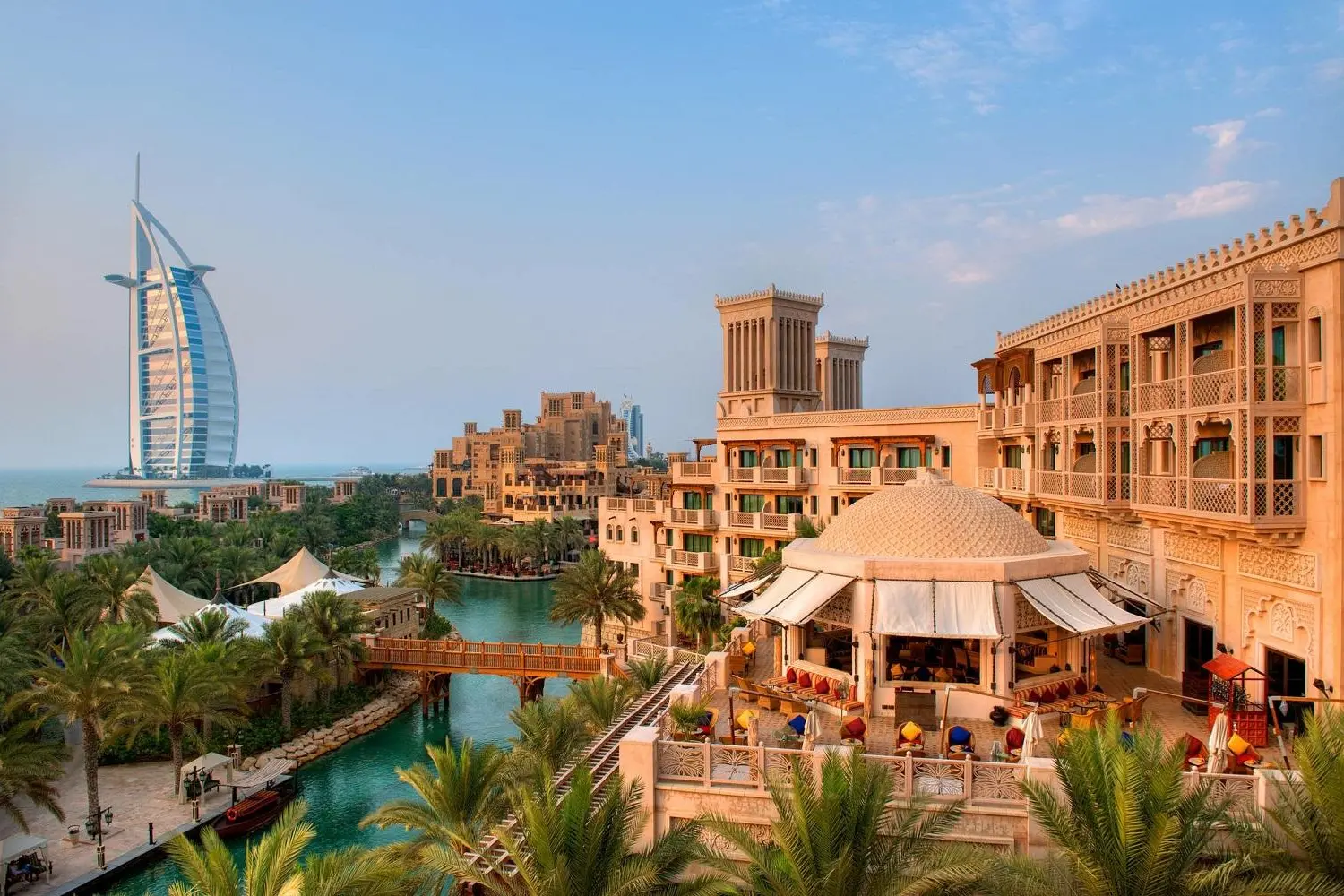PHOTO
The average room rates of Dubai hotels dropped due to an increase in supply, hitting a 14-year low during the month of July.
According to STR data, the average daily rate fell 9.7 per cent to Dh423.63 while demand expanded by 7.2 per cent and supply grew by 6.3 per cent. Occupancy levels rose 0.9 per cent to 66 per cent.
"Although growth in demand was significant, performance levels remained low due to pressure from increased supply. The average daily rate level would be the lowest for any month in the market since August 2004," STR said.
Analysts believe that lower room rates will continue to attract more tourists to the emirate and will also help against the strengthening dirham against other countries. A stronger local currency increases tourists' costs while visiting foreign countries.
During the first half, more than 2,600 keys were added to Dubai's hospitality sector, with the opening of 10 high-end properties. Dubai Tourism earlier said in its first-half 2018 report that the number of four-star properties increased from 114 to 138, representing 25 per cent of the rooms inventory. Occupied room nights were also up year on year with a total of 14.97 million compared to 14.53 million during the same period in 2017.
In H1 2018, the number of visitors to the region's most visited-city reached 8.1 million and is on track to surpass its last year's figures of 15.79 million. The emirate is also on track to achieve its target of 20 million visitors by 2020.
Colliers International has also predicted that room rates in Dubai Creek and Dubai Festival City will average around $136 (Dh499), Sheikh Zayed Road/DIFC at around $111 (Dh407), Palm Jumeirah at $289 (Dh1,060) and Dubai Marina/JBR at $167 (Dh613).
Growing demand from more-price sensitive source markets resulted in a drop in average daily rates, which is adversely impacting revenue per available room of the hotels, Colliers said, adding that Sheikh Zayed Road/DIFC will see a seven per cent decline in RevPar during the July to September period.
It added that Abu Dhabi beach hotels have witnessed strong momentum in occupancy in the first half and this trend is expected to continue in the third quarter as well, mostly driven by the leisure segment.
'12 steps towards sustainability'
Meanwhile, Dubai's Department of Tourism and Commerce Marketing (Dubai Tourism) has published the first interactive and Web-based '12 Steps Towards Sustainability' Manual under the Dubai Sustainable Tourism (DST) initiative to help hotels and hospitality establishments map a sustainable journey.
By identifying the collective environmental impact of the tourism industry, the guidelines provide practical and cost-effective solutions around four key themes: energy conservation, water conservation, waste management and sustainability engagement of staff and guests.
These form the basis for key objectives that the manual sets out to achieve, including the promotion of energy and water conservation measures by benchmarking activities that help to identify and implement effective policies; the development of training programmes, communication campaigns and events to promote sustainability initiatives to all staff and guests; and the further development of Dubai as a smart city by extending the use of new technologies in daily operations, such as remote load control, building management systems and control sensors.
Yousuf Lootah, executive director for tourism development and investments at Dubai Tourism, said: "This document published by Dubai Tourism serves as a guide to help create a sustainable future for our tourism industry. With more than 700 hotels operating in the first six months of 2018 alone, Dubai has the potential to position itself as a landmark for sustainability by ensuring all hotel properties are engaging in responsible practices."
"We have consulted with key stakeholders from the public and private sectors to identify priority areas that help ensure all Dubai hospitality professionals are well-equipped with the know-how to achieve effective sustainability measures across their properties. We are certain that these best practices will play a pivotal role in achieving sustainable goals that support the continuous development and expansion of Dubai's tourism sector."
The manual has been developed in partnership with the Green Building Council. All measures presented in this manual serve as precursors for the anticipated hospitality standards aimed to be launched in the fourth quarter of 2018 in compliance with the regulations, codes and processes mandated by Dubai Municipality and Dubai Tourism.
Copyright © 2018 Khaleej Times. All Rights Reserved. Provided by SyndiGate Media Inc. (Syndigate.info).





















